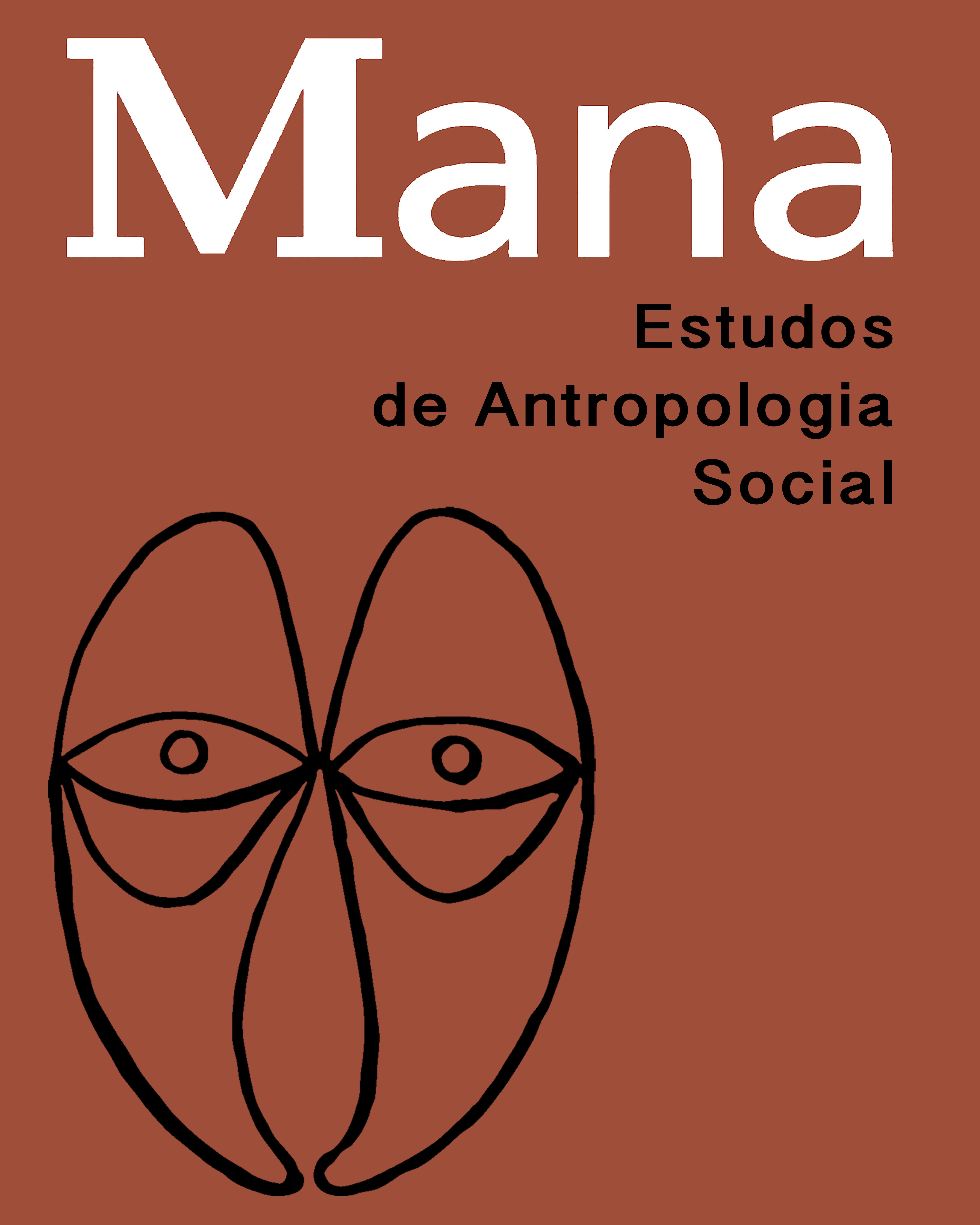Abstract
Based on Donna Haraway’s perspective regarding situated knowledges and the ways in which these have been understood in the southern countries of South America, this article examines the production of situated knowledge through ethnographies as a critique of the present situated in southern geographies. Specifically, this article problematizes three minimum conditions for situated ethnographic knowledges, based on technologically mediated speaking practices that express suffering, afflictions, and health during the sanitary security regime imposed as a reaction to the SARS-CoV-2 pandemic. These are: a) technologically mediated ethnographies; b) ethnographies in emergency and catastrophes zones; c) ethnographies in settings marked by moral sanctions and generalized criminalization. Finally, I analyze how the production of situated knowledges requires us to modify our critical practices within the academic world, from reflexivity to diffraction, as well as to transform borders, logics and geographies.
Key words:
Haraway; situated knowledge; ethnographies; emergency; SARS-CoV-2 pademic
